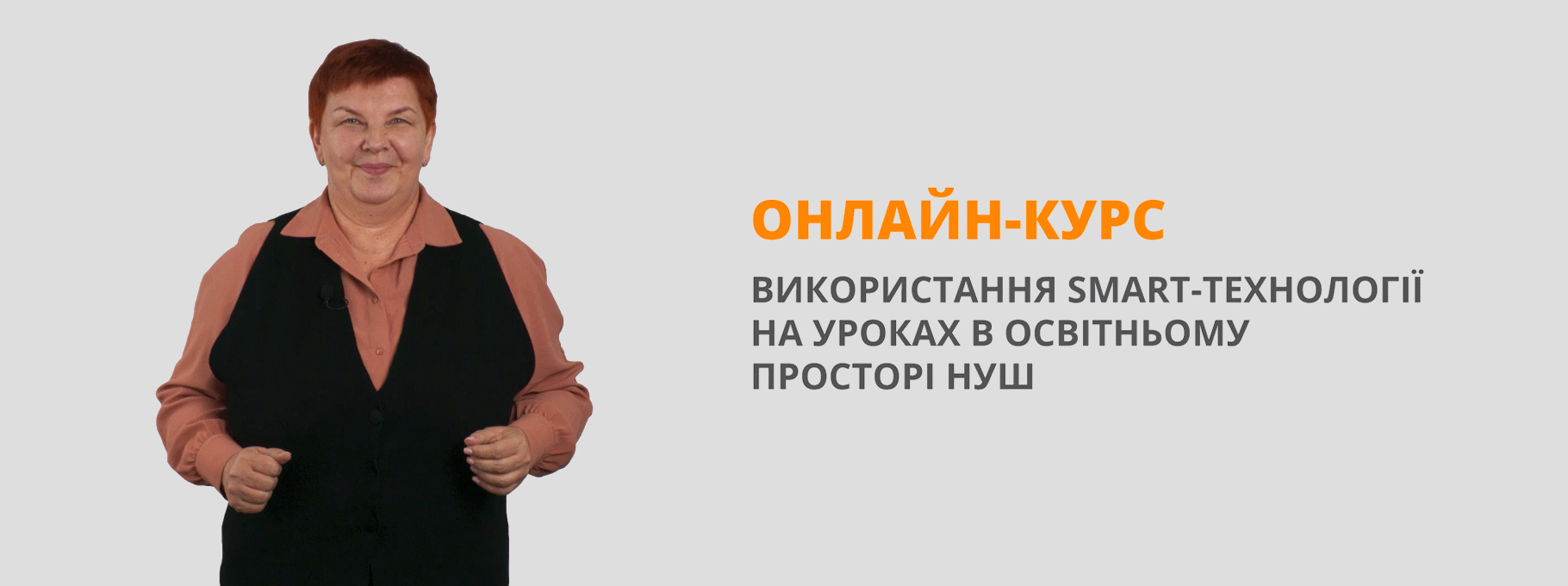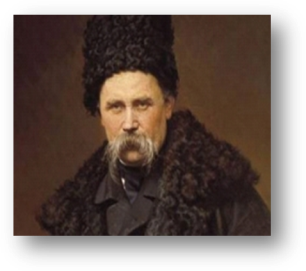Тарас Шевченко. Перклади віршів англійською мовою.
|
|
|
|
Taras Shevchenko
Artist, poet, national bard of Ukraine, Taras Shevchenko was born on 9 March, 1814 in Moryntsi, Kiev gubernia. He was born a serf. When he was a teenager he became an orphan, and grew up in poverty. When he was 14, his owner, Engelhardt took him to serve as a houseboy.
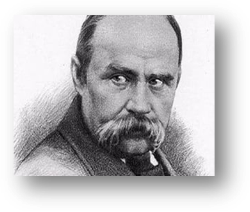 At that time the young man met his compatriots Zoshchenko, Hrebinka, Hryhorovych, and Venetsianov, they showed his works to the famous Russian artist Karl Bryullov. Shevchenko’s paintings impressed Bryullov, and he decided to help him. Karl Bryullov painted a portrait of the Russian poet Zhukovsky and disposed it in a lottery. The money was used to buy Shevchenko’s freedom from Engelhardt in 1838.
At that time the young man met his compatriots Zoshchenko, Hrebinka, Hryhorovych, and Venetsianov, they showed his works to the famous Russian artist Karl Bryullov. Shevchenko’s paintings impressed Bryullov, and he decided to help him. Karl Bryullov painted a portrait of the Russian poet Zhukovsky and disposed it in a lottery. The money was used to buy Shevchenko’s freedom from Engelhardt in 1838.
Shevchenko entered the Academy of Fine Arts in St Petersburg, there he became a student of Bryullov. Shevchenko was awarded three silver medals for his works and later he had become an Academician in engraving.
Studying at the Academy T. Shevchenko understood that his main calling, his true passion was poetry. In 1840 he published his first collection of poems “Kobzar”. In 1841 followed the epic poem “Haidamaky”, in 1844 the ballad “Hamalia”.
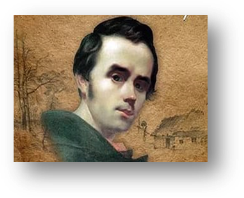 My Testament
My Testament
When I am dead, bury me
In my beloved Ukraine,
My tomb upon a grave mound high
Amid the spreading plain,
So that the fields, the boundless steppes,
The Dnieper’s plunging shore
My eyes could see, my ears could hear
The mighty river roar.
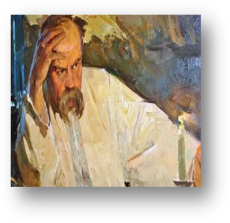 When from Ukraine the Dnieper bears
When from Ukraine the Dnieper bears
Into the deep blue sea
The blood of foes … then will I leave
These hills and fertile fields –
I’ll leave them all and fly away
To the abode of God,
And then I’ll pray …. But till that day
I nothing know of God.
Oh bury me, then rise ye up
And break your heavy chains
And water with the tyrants’ blood
The freedom you have gained.
And in the great new family,
The family of the free,With softly spoken, kindly word
Remember also me.
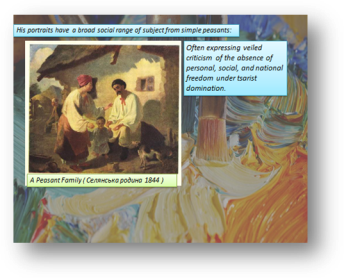 At the annual examinations at the Imperial Academy of Arts, Shevchenko was given a Silver Medal for a landscape. In 1840 he again received the Silver Medal, this time for his first oil painting, The Beggar Boy Giving Bread to a Dog.
At the annual examinations at the Imperial Academy of Arts, Shevchenko was given a Silver Medal for a landscape. In 1840 he again received the Silver Medal, this time for his first oil painting, The Beggar Boy Giving Bread to a Dog.
He began writing poetry while he was a serf and in 1840 his first collection of poetry, Kobzar, was published. Ivan Franko, the renowned Ukrainian poet in the generation after Shevchenko, had this to say of the compilation: Kobzar immediately revealed, as it were, a new world of poetry.
In 1841, the epic poem Haidamaky was released. In September of 1841, Shevchenko was awarded his third Silver Medal for The Gypsy Fortune Teller. Shevchenko also wrote plays.
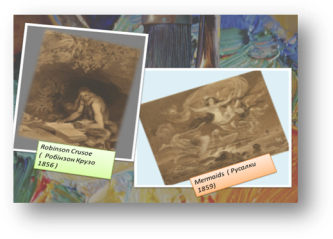 While residing in Saint Petersburg, Shevchenko made three trips to Ukraine, in 1843, 1845, and 1846. The difficult conditions under which his countrymen lived had a profound impact on the poet-painter. Shevchenko visited his still enserfed siblings and other relatives, met with prominent Ukrainian writers and intellectuals such as: Yevhen Hrebinka, Panteleimon Kulish, and Mykhaylo Maksymovych, and was befriended by the princely Repnin family especially Varvara Repnina.
While residing in Saint Petersburg, Shevchenko made three trips to Ukraine, in 1843, 1845, and 1846. The difficult conditions under which his countrymen lived had a profound impact on the poet-painter. Shevchenko visited his still enserfed siblings and other relatives, met with prominent Ukrainian writers and intellectuals such as: Yevhen Hrebinka, Panteleimon Kulish, and Mykhaylo Maksymovych, and was befriended by the princely Repnin family especially Varvara Repnina.
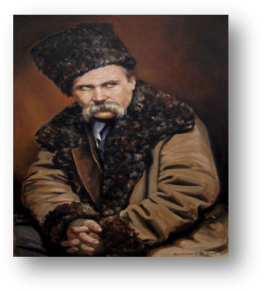
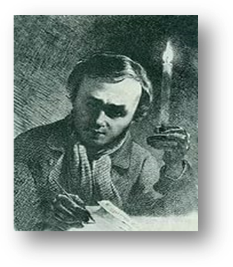 I’m not unwell, it’s just that I...
I’m not unwell, it’s just that I...
I’m not unwell, it’s just that I
Some things that loom ahead espy,
And that my heart for something waits.
It weeps and whimpers, sobs and aches,
Just like a child that’s not been fed.
Perhaps it senses nought ahead
But still more ills? Await no good,
Expected freedom don’t await -
It is asleep: Tsar Nicholas
Lulled it to sleep. But if you’d wake
This sickly freedom, all the folk
Must in their hands sledge-hammers take
And axes sharp - and then all go
That sleeping freedom to awake.
If not, the wretched thing will stay
Asleep right up to Judgement Day!
The masters will not let it rise.
They’ll build more palaces and shrines,
Their drunken tsar they will adore,
And worship the Byzantian rites -
And, as I see it, nothing more.
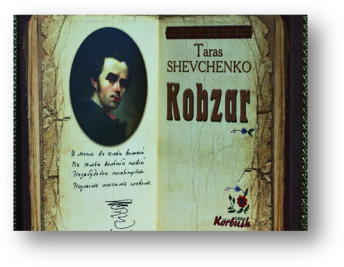 Fate
Fate
You did not play me false, 0 Fate,
You were a brother, closest friend
To this poor wretch. You took my hand
When I was still a little tot
And walked me to the deacon's school
To gather knowledge from the sot.
"My boy, just study hard," you said,
And you'll be somebody in time!"
I listened, studied, forged ahead,
Got educated. But you lied.
What am I now? But never mind!
We've walked the straight path, you and I,
We have not cheated, compromised
Or lived the very slightest lie.
So let's march on, dear fate of mine!
My humble, truthful, faithful friend!
Keep marching on: there glory lies;
March forward - that's my testament.


про публікацію авторської розробки
Додати розробку
